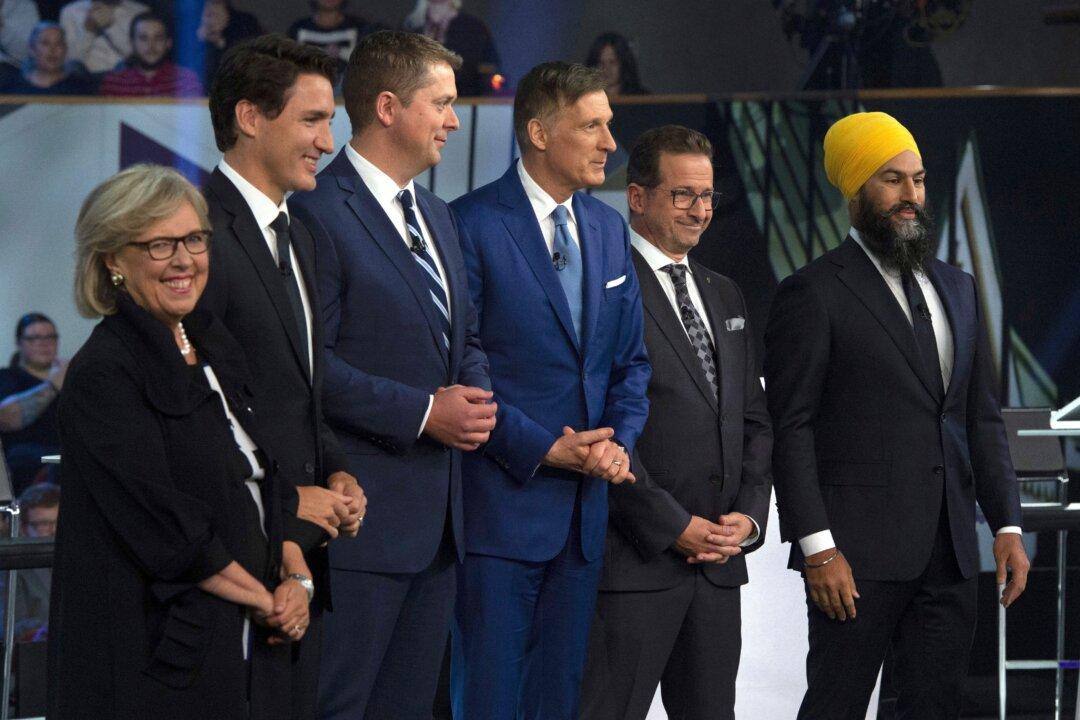There seems to be general agreement that this year’s Canadian election is a dud. Shrill, empty, with no apparent movement in the polls from the overly scripted campaigns and candidates. Why then is it so shrill? Who thinks the tone is appropriate or helpful?
Now to some extent the answer is that politics is always shrill and always has been. We see nothing today to rival the rhetoric of the 1820s, in fact, or indeed of the late Roman Republic. As with many things in life, there’s a balancing act here between wanting to do better and respecting the limits of the possible. (It seems to me that, again as with many things, the only way to avoid sinking continuously downward is to strive continuously upward.) And when it comes to wanting to do better, one thing that springs to mind is the remark attributed to Henry Kissinger that academic politics is so vicious because the stakes are so small.





